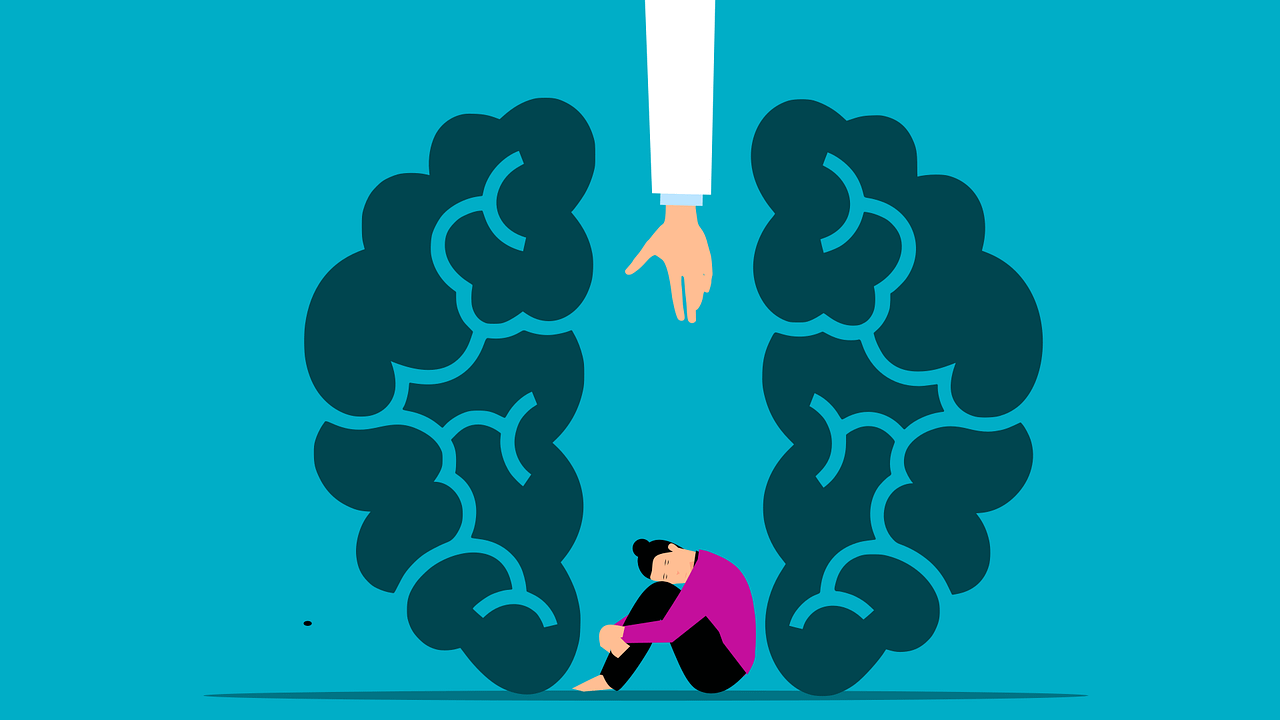Ask yourself this: how happy are you? Are you genuinely happy where you are right now? It’s a complicated yet invigorating question since most of us go about our busy day with work or school and are unsure how happy we are.

Sure, spending time with friends, scrolling through TikTok at 1 a.m., or watching our favorite TV show on Netflix is enough to convince us that we’re happy, but what about when we’re all alone with nobody but ourselves? Do we feel genuinely fulfilled without these factors that bring temporary happiness?

A poll by Gallup in January 2024 revealed only 47% of Americans are very satisfied with their lives. Quite frankly, the cause of this low number is due to societal norms and misleading expectations.
In this article, you’ll learn how to escape the trap of misery with these 6 following tips:
1. Reject materialism
With America being the top ten wealthiest nations, the country still has a higher suicide rate than Malawi, ranked in the top ten poverty-stricken countries in the world. It’s compelling how a country with more money and resources is more unhappy than one with fewer resources.
The key to living a fulfilling life is to reject materialism and embrace self-love. Driving around in the latest Bugatti, wearing the fanciest clothes or jewelry, sounds nice but means nothing if you haven’t found self-love.
Striving towards materialistic items indicates that we aren’t happy with who we are; thus, we rely on these items to cope with our feelings of emptiness—this will only lead further down the rabbit hole as the desire to acquire more possessions grows.

You can start incorporating self-love by complimenting yourself after accomplishing a task, achieving your goals to make yourself proud, and stop comparing yourself to others.
2. Practice gratitude
There’s no surprise that practicing gratitude is a recipe for happiness. When we’re genuinely thankful for something, positive thoughts, and emotions begin flowing, improving our mood.
Expressing gratitude demonstrates that you’re aware others may be less fortunate, helping you feel thankful for possessing these items. Not only does gratefulness increase happiness, but it also teaches you humility and to be considerate of others.
The road through life is complicated, but expressing gratitude towards the small things you have now will make you even happier when you’ve acquired your significant desires.
3. Stop following the world
When I say stop following the world, that doesn’t mean moving far away into a cave and shutting yourself entirely from society. Refusal to pursue the world means no longer following the same trends and habits you see around you. The world, especially in the United States, wants you to be lazy, spend 95% of your day watching Netflix, play video games nonstop, and be addicted to social media.
These activities make us feel good, but are we sure these things make us happy? Nobody on this planet will say they’re proud of themselves after wasting 8 hours of their day scrolling through social media and consuming wasteful content. Even if they said yes, what did they accomplish?

Leanna Lui from Medscape wrote, “Conversely, going with the masses often means social inclusion and can even be considered a way to accumulate social currency and build social status. However, widespread adoption and popularity are not necessarily synonymous with well-informed decisions.”
To find the utmost fulfillment in life, you must replace the activities that bring zero meaning to your life with meaningful activities. Instead of wasting your Sunday watching Netflix, use that time to spend quality time with your family. Instead of waiting in the McDonald’s drive-thru, take a quick walk to explore nature and get your heart rate up. The list goes on.

4. Unwilling to take on challenges
Living a life of no challenge plus failing to set goals for yourself equals an unhappy life. Without progression, you’ll remain complacent. One of the happiest feelings in the world is overcoming a challenge—although you were hesitant. Putting in the effort and knowing that you at least tried is better than not doing anything.

For example, challenging yourself to run 5 miles daily when you feel like sleeping in and achieving that goal is a feeling you’ll never get old of. Afterward, you feel genuinely proud for taking on a challenge when you were unconfident and repulsive at first.
Wherever you are right now, start challenging yourself physically, mentally, financially, or emotionally, and you’ll notice yourself becoming more self-loving and having more positive energy.
5. Stop comparing yourself to others
One of the most significant habits draining our happiness that we subconsciously do is compare ourselves to others. We’re all human, so when someone walks past us, our first instinct is to recognize them and, more often than not, judge them. We criticize them in a way that brings them down while boosting our immoral ego. In this 3-second process, we are comparing themselves to us.

Stopping yourself from comparing everyone you see to yourself isn’t easy, but with practice, it’s one of the best things you can do for mental health. Not only do you stop bringing people down, but you start to find happiness within yourself.

6. Give yourself space from others
It may seem offputting to distance yourself from family and friends who make you happy, but sometimes we spend too much time with them that we forget about ourselves. Additionally, you may have goals you wish to accomplish, but you’re spending too much time with your friends, leaving you with little time to achieve these goals.



